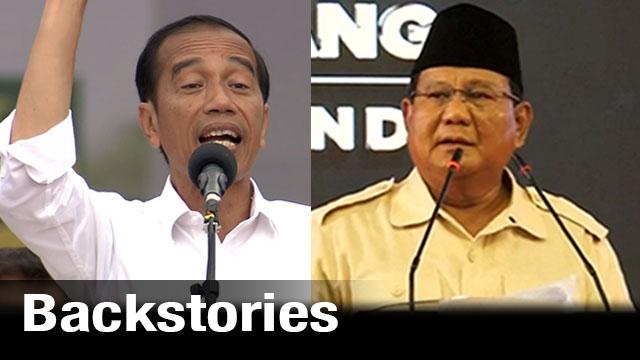Muslim hardliners increasing power
When Prabowo held a rally in Jakarta last week, members of a hardline Muslim group provided the security. The Islamic Defenders Front has a history of extreme acts, including attacks on places that sell liquor. Their presence at the rally underscored the challenger's ties to the hardliners.
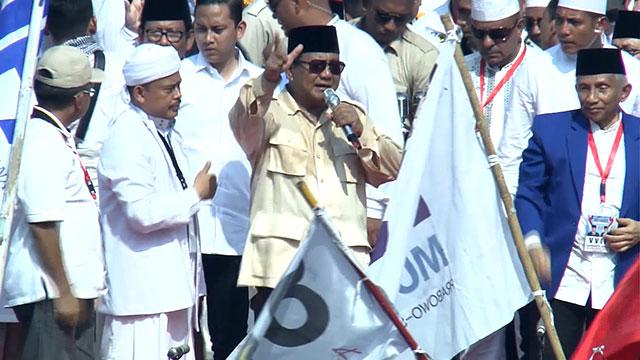
One of the group's leaders, Idrus Al Habsi, says they're supporting Prabowo because the Joko administration is downplaying the Muslim religion, and "trying to systematize evil."
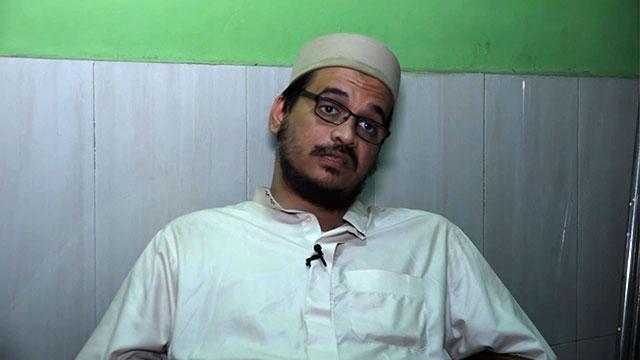
Nineteen-year-old Sultan Ma'ruf joined the group two years ago. He drives a motorbike taxi and says life is hard. He says a member of the group once gave him financial help when he was short of money.
Sultan Ma'ruf felt a strong empathy with the hardliners.
"One reason I joined the group was the solidarity," he says. "If one of us has a problem, there's always someone there to help solve it."
Sultan says he thinks the challenger represents safe hands for Islamic voters.
"If Prabowo wins, I believe he will respect the Muslim scholars because they have all chosen him to be the leader."
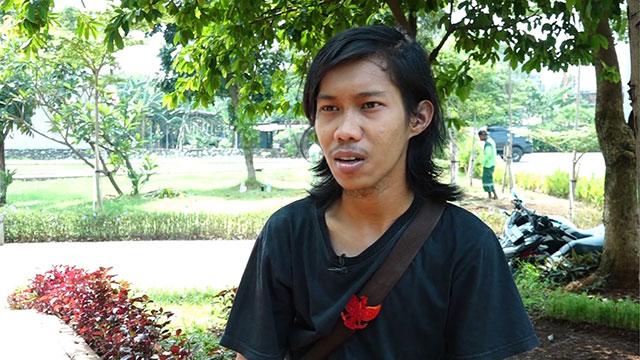
Sense of crisis among non-Muslims
In the Jakarta gubernatorial race two years ago, Muslim conservatives made their presence felt. They organized demonstrations against then-governor Basuki Purnama, a Christian accused of insulting Islam. The governor was defeated, and then jailed on blasphemy charges.
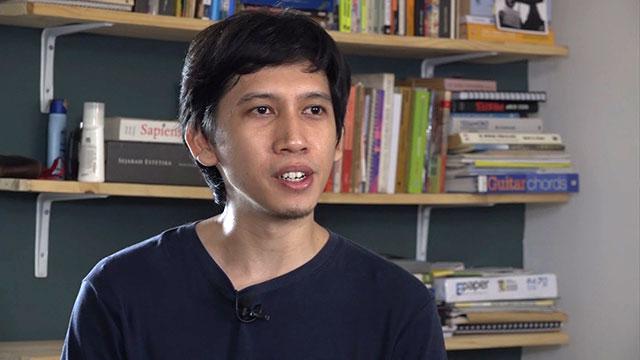
Ananda Badudu, a Christian, says he feels non-Muslims have been living under increasing stress ever since. "I used to live near a mosque and the words coming out of it were provocative," he says. "When they preached, they attacked other religions and shouted 'infidel' all the time."
Incumbent Joko is considered a moderate. But he picked a prominent conservative Islamic cleric, Ma'ruf Amin, as his running mate.
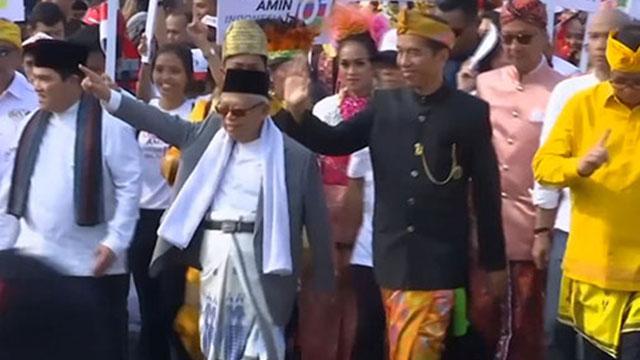
Ananda says he was disappointed by that decision and has decided to boycott the election. He began calling for action on social media and says there are many people who think like him.
"Indonesia is a diverse country and we agree that everyone is equal," he says. "But the problem is that politicians lately don't take that road."
Religious division affects the country
Indonesia is home to many ethnic groups and religions, and that appears to be creating tensions right before the presidential election.
Yon Machmudi, a senior lecturer at the University of Indonesia, says "the cause of the sharpening division is the inability of the political elite to rationally explain their policies to the public. So they are resorting to an emotional appeal."
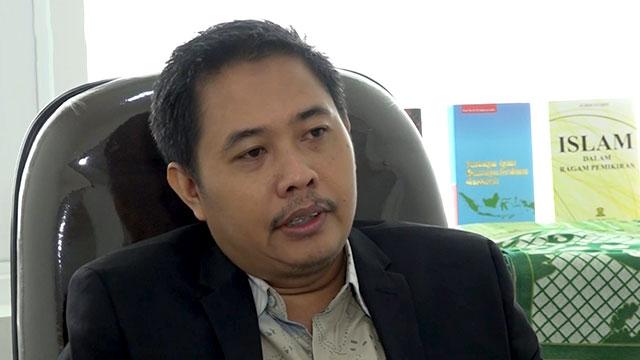
Yon says the divisions could destabilize the country.
"Muslim hardliners become emotional easily and vent their frustration through illegal acts," he says. "This affects economic development in Indonesia, especially that related to future investment."
Yon believes dialogue is the key to bridging the divide.
"We have to talk to Muslim hardliners and make them understand that Indonesia is a diverse society," he says. "We can't just let them force their ideas on us. The dialogue needs to be done through a peace process and must follow society's rules."
